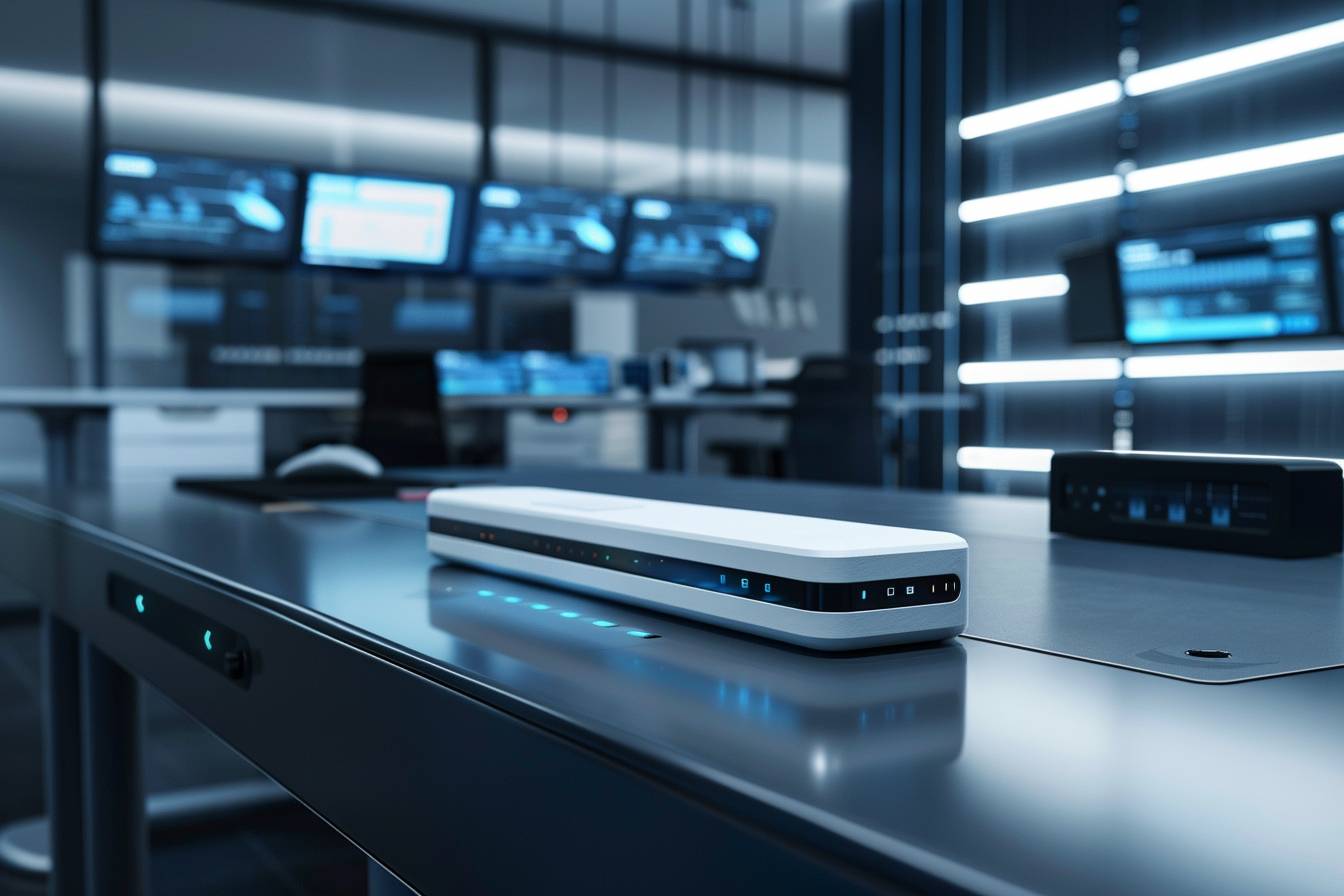The FBI has utilized advanced technology from an Israeli firm to unlock the phone of Thomas Matthew Crooks, the man suspected of attempting to assassinate former U.S. President Donald Trump. The breakthrough has provided crucial insights into the investigation.
The shooting incident at Trump’s rally
Details of the assault
On a Saturday night in Butler, Pennsylvania, chaos erupted when 20-year-old Thomas Matthew Crooks opened fire at a Trump rally. Using an assault rifle legally purchased by his father over a decade ago, Crooks inflicted both casualties and widespread panic among attendees.
Shooter’s background
Crooks, hailing from Bethel, Pennsylvania, was reported to have acted alone. His motivations remain under scrutiny as investigators aim to sketch a complete profile. Various sources suggest a complex psychological background for the young man.
The role of Cellebrite’s technology

About Cellebrite
Based in Israel, Cellebrite specializes in digital intelligence solutions. Their technology is renowned for its effectiveness in extracting data from locked devices, making them a go-to resource for law enforcement agencies globally.
The significance of phone unlocking
- Access to potential communication trails
- Insights into the shooter’s psyche and possible affiliations
- Discovering motive behind the attack
Unlocking Crooks’ phone has yielded avenues for deeper investigation, granting access to his communications and possibly uncovering significant leads on his motivations and connections.
Implications for digital security and privacy
Concerns raised
The use of such advanced technology brings forth the perennial debate between law enforcement prerogatives and individual privacy rights. Some privacy advocates warn against potential misuse, emphasizing the need for strict oversight mechanisms.
Law enforcement perspective
- Enhanced investigative capabilities
- Improved efficiency in solving complex crimes
- Potential for crime deterrence through advanced surveillance
Proponents argue that the benefits outweigh the risks, enabling more efficient and effective law enforcement operations.
Statements and reactions
Official statements
Numerous officials, including spokespersons from both the FBI and local police departments, have commended the swift progress in the investigation, attributing it partly to the breakthrough made possible by Cellebrite’s technology.
Public and expert opinions
While some citizens express relief at the rapid advancements in the case, others caution against an over-reliance on technological interventions. Experts in cybersecurity and digital ethics continue to weigh in, advocating for balanced approaches that respect privacy without compromising public safety.
Conversations about future applications
Prospective uses in other investigations
Cellebrite’s technology has thus far proved valuable beyond this singular event. Agencies worldwide are likely to consider similar tools for varied criminal investigations, ranging from terrorism to white-collar crime.
Anticipating legal challenges
The burgeoning reliance on such technologies will undoubtedly spark further debates within legal frameworks. Questions regarding permissible extents of digital surveillance and data extraction are poised to dominate legislative discussions in the near future.



